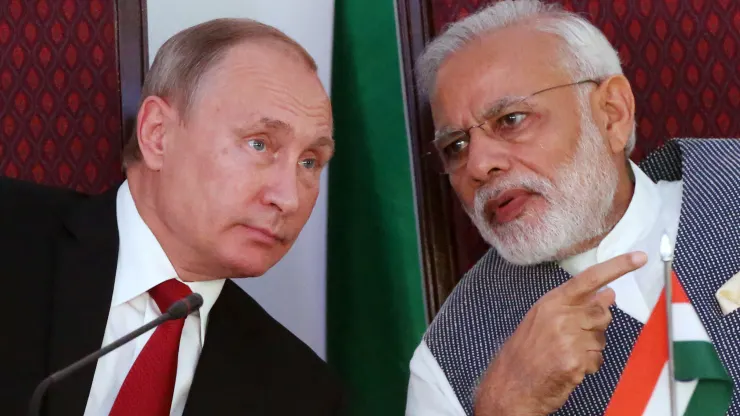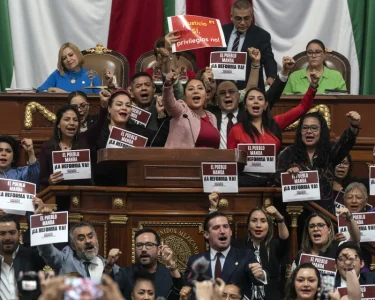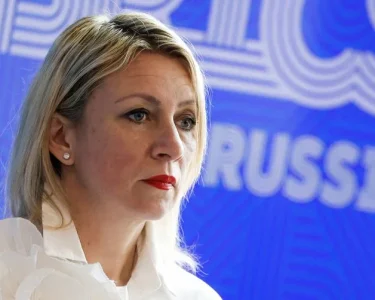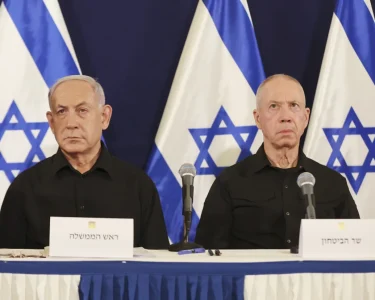India Walks a Diplomatic Tightrope: India’s Prime Minister Narendra Modi’s recent visit to Ukraine has captured global attention, signaling India’s growing diplomatic ambitions on the world stage. This visit comes at a time when India is carefully balancing its long-standing alliance with Russia, a critical partner in defense and energy sectors, while also engaging with Ukraine, a country embroiled in conflict with Russia. The delicate dance between nurturing new friendships and maintaining old alliances reflects India’s nuanced foreign policy approach, as it seeks to strengthen its global influence without alienating key partners.

India’s Diplomatic Strategy
India’s approach to foreign policy under Modi’s leadership has been characterized by pragmatism and strategic autonomy. This visit to Ukraine is a testament to India’s intent to play a more significant role in global affairs, particularly in regions where geopolitical tensions are high. By engaging with Ukraine, India is signaling its willingness to support countries that uphold sovereignty and territorial integrity, principles that are cornerstones of India’s own foreign policy.
At the same time, India is acutely aware of the sensitivities involved in this engagement. Russia, a time-tested ally, has been a reliable partner for India in various domains, particularly in defense. The two countries share a robust military relationship, with India relying heavily on Russian equipment and technology. Moreover, Russia has been a steadfast supporter of India’s stance on various international platforms, including the United Nations.
However, the evolving geopolitical landscape requires India to diversify its partnerships. Ukraine, with its strategic location and rich resources, presents new opportunities for India. The visit underscores India’s commitment to strengthening bilateral ties with Ukraine, focusing on areas such as trade, technology, and infrastructure development. By doing so, India is not only expanding its influence in Eastern Europe but also positioning itself as a key player in the region’s future.
Balancing Act with Russia
While India’s outreach to Ukraine is a significant development, it is equally important to understand the tightrope that India is walking in its relationship with Russia. Moscow’s close ties with New Delhi have been built over decades, and any perceived shift in India’s stance could strain this partnership. India’s challenge is to ensure that its engagement with Ukraine does not come at the expense of its relationship with Russia.
In recent years, India has navigated this complex relationship with considerable skill. For instance, India has refrained from directly criticizing Russia’s actions in Ukraine, instead advocating for dialogue and peaceful resolution of conflicts. This approach allows India to maintain its strategic partnership with Russia while also engaging with other nations, including those in conflict with Russia.
The visit to Ukraine can be seen as part of India’s broader strategy to enhance its global standing by engaging with multiple players on the world stage. India’s foreign policy is increasingly driven by national interests, which sometimes necessitate difficult choices. In this context, the visit to Ukraine is not a departure from India’s traditional policy but rather an evolution of it, reflecting the changing dynamics of international relations.
Global Reactions and Future Implications
The global community is closely watching India’s actions, with many seeing this visit as a bold move. Western nations, particularly the United States and European Union, have welcomed India’s engagement with Ukraine, viewing it as a positive step towards supporting a democratic nation under siege. However, Russia is likely to view this development with caution, monitoring how India’s actions may affect their bilateral ties.
For India, the challenge will be to manage these relationships without compromising its strategic autonomy. The visit to Ukraine is a calculated move, demonstrating India’s ability to engage with diverse partners while upholding its core principles. As India continues to rise as a global power, its foreign policy will likely see more such balancing acts, where old alliances are maintained while new partnerships are forged.
The implications of this visit extend beyond India-Ukraine relations. It sends a message to the world that India is ready to take on a more active role in global diplomacy, even in regions that are fraught with tension. For India, the key will be to maintain its strategic partnerships while expanding its influence in new areas, a task that will require careful diplomacy and a keen understanding of global dynamics.
India’s diplomatic engagement with Ukraine, while maintaining its close ties with Russia, exemplifies the nuanced approach that defines its foreign policy. As India continues to navigate the complexities of international relations, it is clear that the country is poised to play a more prominent role on the global stage. By carefully balancing its relationships with both Ukraine and Russia, India is positioning itself as a key player in global diplomacy, ready to take on the challenges and opportunities that lie ahead.
For more insights on global diplomacy and international relations, visit Digital Digest.




